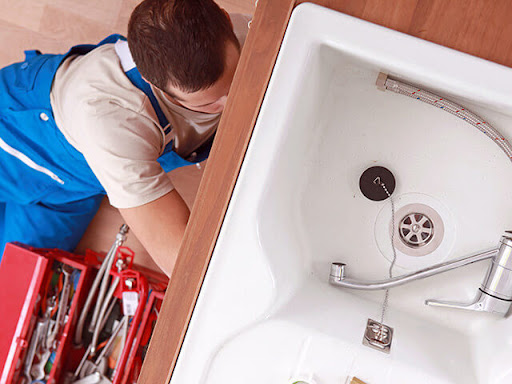In the realm of home maintenance, few topics evoke as much debate as the question of tackling plumbing issues yourself or hiring a professional. While DIY projects can be empowering and cost-effective, plumbing problems can quickly escalate if not handled properly. In this comprehensive guide, we’ll explore the pros and cons of both DIY plumbing and hiring professional plumbers, helping you determine when it’s best to roll up your sleeves and when it’s time to call in the experts.
Understanding DIY Plumbing
DIY plumbing projects have gained popularity in recent years, thanks to the abundance of online tutorials and step-by-step guides. From fixing a leaky faucet to installing a new toilet, many homeowners are eager to take matters into their own hands to save money and gain a sense of accomplishment. However, while DIY plumbing can be gratifying, it’s not without its risks.
Pros of DIY Plumbing:
- Cost Savings: One of the primary reasons homeowners opt for DIY plumbing is to save money on labor costs. With the right tools and knowledge, many minor plumbing issues can be resolved without the need for professional intervention.
- Flexibility: DIY projects allow homeowners to work at their own pace and schedule, making it convenient for those with busy lifestyles.
- Learning Experience: Tackling plumbing projects yourself can be a valuable learning experience, equipping you with skills that can be applied to future home maintenance tasks.
Cons of DIY Plumbing:
- Limited Expertise: While DIY enthusiasts may possess basic plumbing skills, they often lack the expertise and training of professional plumbers. This can lead to incomplete or incorrect repairs, exacerbating the problem and potentially causing further damage.
- Safety Concerns: Plumbing involves working with water and potentially hazardous materials. Without proper safety precautions, DIYers risk injury or exposure to harmful substances.
- Time Consuming: What may seem like a simple plumbing repair can quickly turn into a time-consuming endeavor, especially if complications arise along the way.

The Benefits of Hiring Professional Plumbers
When faced with complex plumbing issues or projects beyond their skill level, many homeowners turn to professional plumbers for assistance. While the upfront cost may be higher than DIY solutions, the expertise and peace of mind they provide can be invaluable. Feel free to visit https://hi-techplumbingandair.com/plumbing/water-heater-repair/ to find more tips and ideas about DIY vs. professional plumbing.
Pros of Hiring Professional Plumbers:
- Expertise and Experience: Professional plumbers undergo extensive training and have years of experience working with a wide range of plumbing systems. They possess the knowledge and skills needed to diagnose problems accurately and implement effective solutions.
- Quality Workmanship: Unlike DIY repairs that may be prone to errors, professional plumbers adhere to industry standards and regulations, ensuring that repairs are done correctly the first time.
- Time and Convenience: By hiring a professional plumber, homeowners can save time and avoid the hassle of troubleshooting and repairing plumbing issues themselves.
Cons of Hiring Professional Plumbers:
- Cost: The cost of hiring a professional plumber can be prohibitive for some homeowners, particularly for major repairs or installations.
- Scheduling Constraints: Depending on their workload, professional plumbers may not be immediately available to address urgent plumbing issues, leading to delays in repairs.
- Reliance on External Help: Relying on professional plumbers for all plumbing needs can foster a sense of dependency, preventing homeowners from developing their DIY skills.
When to Call in the Experts
So, when should you call in the professionals rather than attempting DIY plumbing repairs? Here are some scenarios where hiring a professional plumber is advisable:
- Complex Problems: If you’re dealing with complex plumbing issues such as sewer line backups, extensive pipe damage, or water heater malfunctions, it’s best to leave the repairs to the experts.
- Safety Concerns: Plumbing tasks that involve gas lines, sewage, or electrical components should never be attempted by amateurs due to the associated safety risks.
- Warranty Requirements: Some plumbing fixtures come with warranties that may be voided if DIY repairs are attempted. To avoid potential complications, it’s wise to enlist the help of a professional plumber.
In conclusion, while DIY plumbing can be a rewarding endeavor for simple repairs and maintenance tasks, it’s essential to recognize your limitations and know when to seek professional assistance. By weighing the pros and cons of both approaches and considering the complexity of the plumbing issue at hand, you can make an informed decision that ensures the longevity and functionality of your home’s plumbing system.


